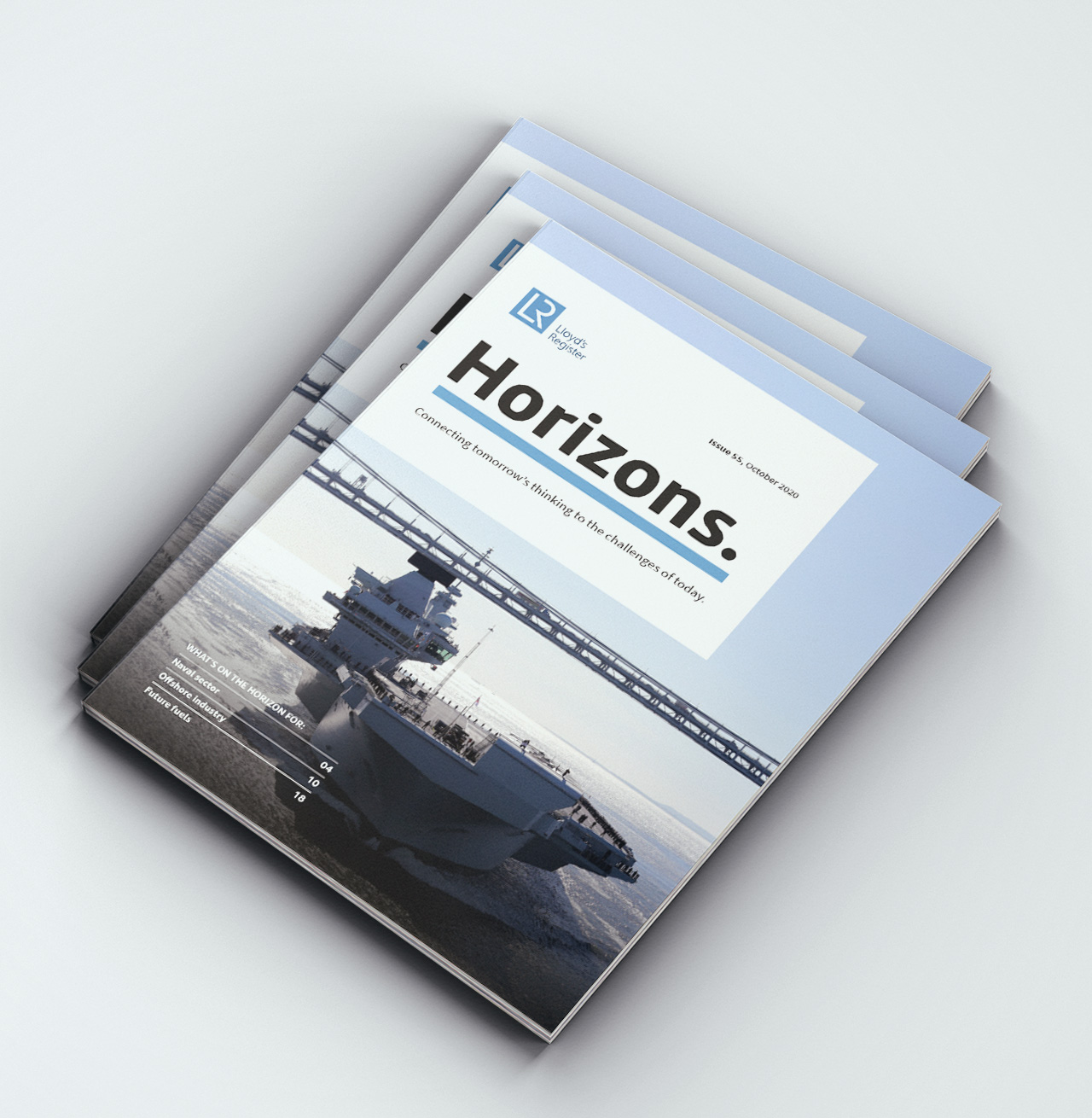Some of the key lessons for the maritime industry include acknowledging the importance of seafarers as essential workers and supporting crew morale.
Global Human Factors Manager, LRQA
We’ve detected that you are using an outdated browser. This will prevent you from accessing certain features. Update browser
Spotlight on crew change reforms needed to address humanitarian crisis of stranded seafarers.
An industry-wide survey on maritime workers’ well-being during COVID-19, led by LRQA in collaboration with the UK Chamber of Shipping, the Mission to Seafarers and Safety at Sea, has uncovered key insights which may be used to improve the safety and well-being of maritime industry workers keeping global trade moving during the pandemic.
The online survey launched on 25 June, the “Day of the Seafarer”, was conducted to understand the efficacy of COVID-19 measures put in place, to assess how the maritime workforce has been supported during this challenging period and to gather insights about the level of care and welfare provided in order to share findings with the entire industry.
Overall survey results indicate that many providing essential services in the ocean economy are feeling undervalued. When asked whether they agreed with the statement ‘I feel valued in my role’, only 8% of seafarers strongly agreed, and just 13% felt they were performing an essential role during the COVID-19 pandemic.
Some of the key lessons for the maritime industry include acknowledging the importance of seafarers as essential workers and supporting crew morale.
Global Human Factors Manager, LRQA
When asked to rate support on mental and physical well-being during this pandemic: with 1 being poor and 10 excellent, the mean result was 6.29, suggesting that while a lot of companies have provided ample support during the pandemic, there is still room for improvement. There were marked differences in support for seagoing versus land-based employees and serious concerns were also raised over seafarer mental health, communications and disease management, with key findings including:
Read the full press release – Significant crew safety and well-being lessons to be learned from survey
The challenge now is for the international community and industry to take steps to avoid a serious mental health crisis and potential safety incidents.
Secretary General, The Mission to Seafarers
Crew responding to the LRQA survey have reported feeling unhappy, worry about things they cannot control and do not feel well rested.
As the crew change crisis drags due to COVID-19, crew morale is low as seafarers feel that they are not being recognised as essential workers by many governments.
The needs of crews’ mental health and physical health are not being met during the COVID-19 pandemic.
While crew initially said that their company’s communication was good at the start of the pandemic, it has worsened over time.
Reports of crew being fired after COVID-19 diagnoses raises concerns over the treatment of crew during the pandemic.
Featuring LRQA's Joanne Stokes and Dr Volkan Arslan, V.Group's Mike Bradshaw and The Revd Canon Andrew Wright, Secretary General of The Mission to Seafarers.

Horizons brings together insight into current trends and hot topics in the maritime and offshore sectors, alongside expert views from our people on regulation, safety and innovation.
Read the October issue





